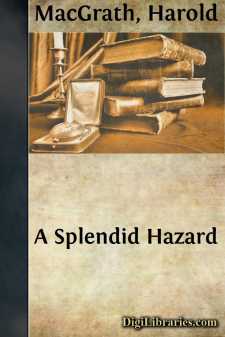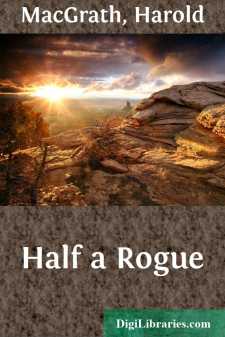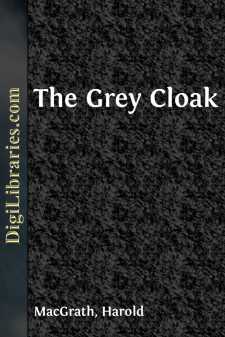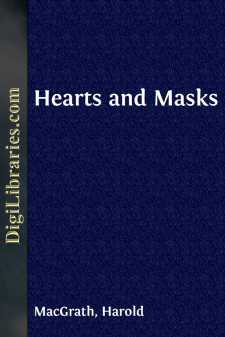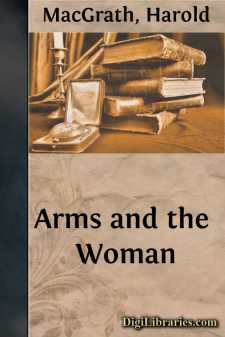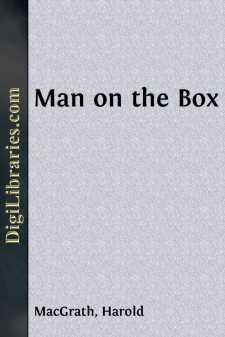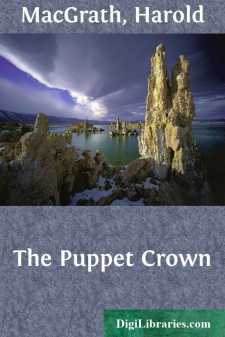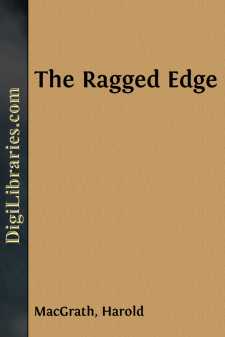Categories
- Antiques & Collectibles 13
- Architecture 36
- Art 48
- Bibles 22
- Biography & Autobiography 814
- Body, Mind & Spirit 145
- Business & Economics 28
- Children's Books 17
- Children's Fiction 14
- Computers 4
- Cooking 94
- Crafts & Hobbies 4
- Drama 346
- Education 56
- Family & Relationships 59
- Fiction 11833
- Foreign Language Study 3
- Games 19
- Gardening 17
- Health & Fitness 34
- History 1378
- House & Home 1
- Humor 147
- Juvenile Fiction 1873
- Juvenile Nonfiction 202
- Language Arts & Disciplines 89
- Law 16
- Literary Collections 686
- Literary Criticism 179
- Mathematics 13
- Medical 41
- Music 40
- Nature 179
- Non-Classifiable 1768
- Performing Arts 7
- Periodicals 1453
- Philosophy 66
- Photography 2
- Poetry 897
- Political Science 203
- Psychology 45
- Reference 154
- Religion 516
- Science 126
- Self-Help 85
- Social Science 82
- Sports & Recreation 34
- Study Aids 3
- Technology & Engineering 59
- Transportation 23
- Travel 463
- True Crime 29
Our website is made possible by displaying online advertisements to our visitors.
Please consider supporting us by disabling your ad blocker.
A Splendid Hazard
by: Harold MacGrath
Description:
Excerpt
CHAPTER I
A MEMORABLE DATE
A blurring rain fell upon Paris that day; a rain so fine and cold that it penetrated the soles of men's shoes and their hearts alike, a dispiriting drizzle through which the pale, acrid smoke of innumerable wood fires faltered upward from the clustering chimney-pots, only to be rent into fragments and beaten down upon the glistening tiles of the mansard roofs. The wide asphalts reflected the horses and carriages and trains and pedestrians in forms grotesque, zigzagging, flitting, amusing, like a shadow-play upon a wrinkled, wind-blown curtain. The sixteenth of June. To Fitzgerald there was something electric in the date, a tingle of that ecstasy which frequently comes into the blood of a man to whom the romance of a great battle is more than its history or its effect upon the destinies of human beings. Many years before, this date had marked the end to a certain hundred days, the eclipse of a sun more dazzling than Rome, in the heyday of her august Caesars, had ever known: Waterloo. A little corporal of artillery; from a cocked hat to a crown, from Corsica to St. Helena: Napoleon.
Fitzgerald, as he pressed his way along the Boulevard des Invalides, his umbrella swaying and snapping in the wind much like the sail of a derelict, could see in fancy that celebrated field whereon this eclipse had been supernally prearranged. He could hear the boom of cannon, the thunder of cavalry, the patter of musketry, now thick, now scattered, and again not unlike the subdued rattle of rain on the bulging silk careening before him. He held the handle of the umbrella under his arm, for the wind had a temper mawling and destructive, and veered into the Place Vauban. Another man, coming with equal haste from the opposite direction, from the entrance of the tomb itself, was also two parts hidden behind an umbrella. The two came together with a jolt as sounding as that of two old crusaders in a friendly joust. Instantly they retreated, lowering their shields.
"I beg your pardon," said Fitzgerald in French.
"It is of no consequence," replied the stranger, laughing. "This is always a devil of a corner on a windy day." His French had a slight German twist to it.
Briefly they inspected each other, as strangers will, carelessly, with annoyance and amusement interplaying in their eyes and on their lips, all in a trifling moment. Then each raised his hat and proceeded, as tranquilly and unconcernedly as though destiny had no ulterior motive in bringing them thus really together. And yet, when they had passed and disappeared from each other's view, both were struck with the fact that somewhere they had met before.
Fitzgerald went into the tomb, his head bared. The marble underfoot bore the imprint of many shoes and rubbers and hobnails, of all sizes and—mayhap—of all nations. He recollected, with a burn on his cheeks, a sacrilege of his raw and eager youth, some twelve years since; he had forgotten to take off his hat. Never would he forget the embarrassment of that moment when the attendant peremptorily bade him remove it....


